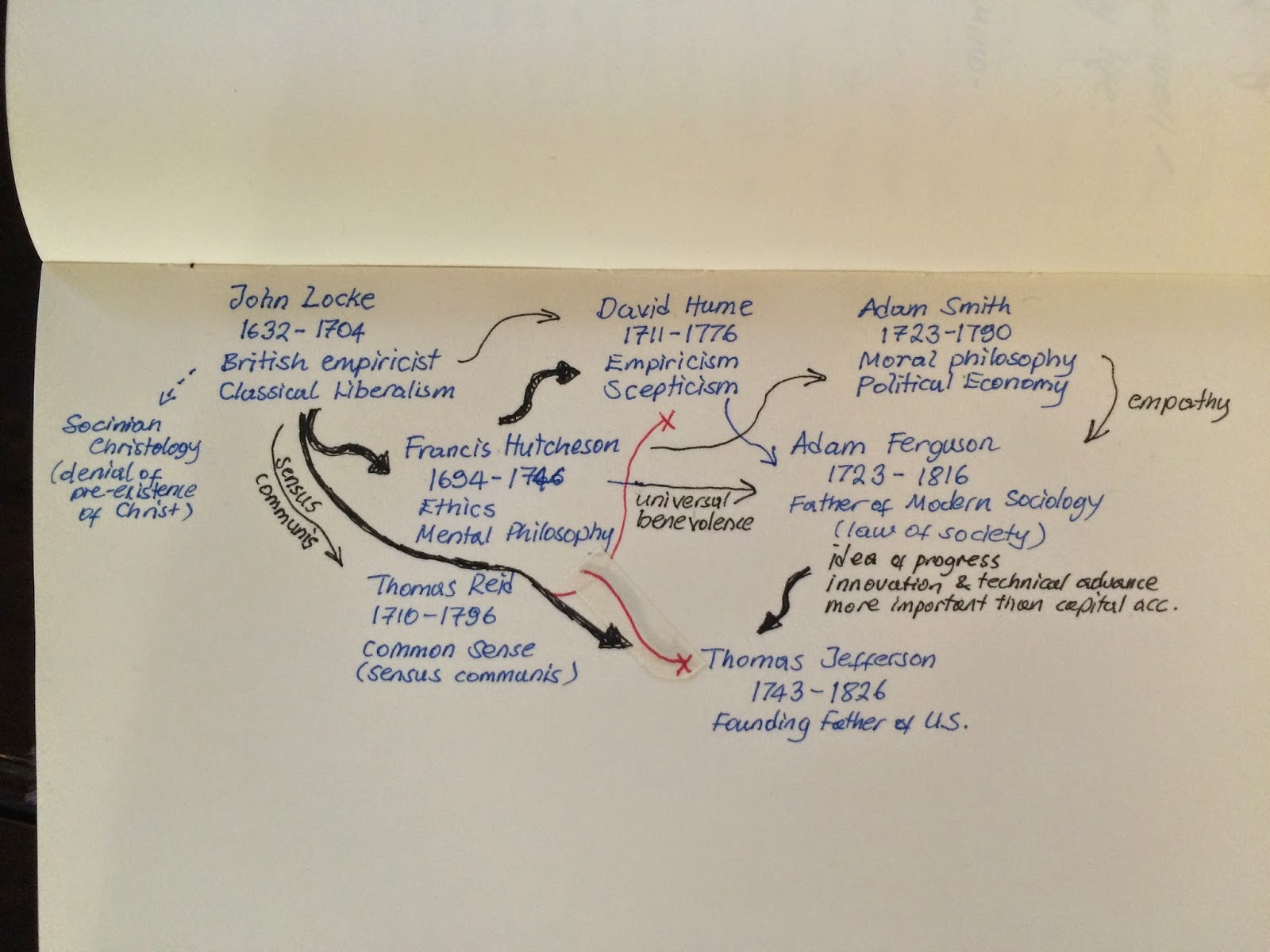Disclaimer: This writing is purely Art, it does not necessarily reflect my own view. The protagonist is portrayed as a male character who swears a lot. Some readers may be offended by the language, if so they can stop reading it now. Reading is entirely voluntary.
Mario's Sicilian Sauce
Mario, a friend of mine, a true Sicilian, a painter, a natural born alchemist to the bone, once taught me how to cook the best pasta sauce.
Ingredients:
- 10+ big Fresh juicy Roma Tomatoes (very ripe Truss tomatoes will do as well)
- Salt to taste
- Black pepper to taste
- Chillies to taste (cut fresh or dry)
- Handful of Fresh basils from the garden if possible or else from the supermarket
- Two cloves of fresh juicy garlic.
- Good olive oil to cover the base of pan up to 3-5 mm high.
Method:
Put olive oil into the pan, and start with high heat, don’t burn it, just break the lazy bone of oil. In the mean time fucking crush tomatoes in a blender, chuck them into the pan, add salt, black pepper, and chillies, crushed garlic, and basil, still high heat, lid open, wait until boiled.
Put the damn lid on. Reduce heat to mid, but let the thing to boil like crazy inside. Keep the man-made hell inside the pan intact for about an hour.
Then open the lid carefully. The water cumulated on the inner lid will come out, don’t burn yourself, will you? The idea is to steam cook tomatoes, with flavour trapped, in decent fire (my fucking idea, you like it fine, you don’t, I don’t give a shit).
Yeah, open the lid, stir and look. You should see oil escaped towards the inner wall of the pan. Leave the lid open for the rest of cooking.
Reduce heat. Just imagine you are a newly attended Devil in Hell and you have soft spot for people like Putin, Erdogan, or Murdoch. So you want them cooked very gently and slowly. Reduce the damn heat as such. Fucking lid is still open.
Go back to your Facebook, and Like shitty photos of friends. Every now and then, move your fucking ass, get up, check out the pan, stir Erdogan, Putin, and Murdoch mixture gently. Remember you are the good-hearted Devil. Do this shit for about an hour at least.
The sauce will burp every now and then during this time. The colour should kind of turn into Burgundy. The oil should have moved away totally to the edge.
Turn off the heat, chill out, put the lid back on, let it rest, sizzle off.
Your god damn Sicilian sauce is ready. No I don’t know how the hell you want to cook your damn pasta. Just mix it slowly and thoroughly with the sauce with respect. Open up a red with your loved one, and enjoy the meal.
.





